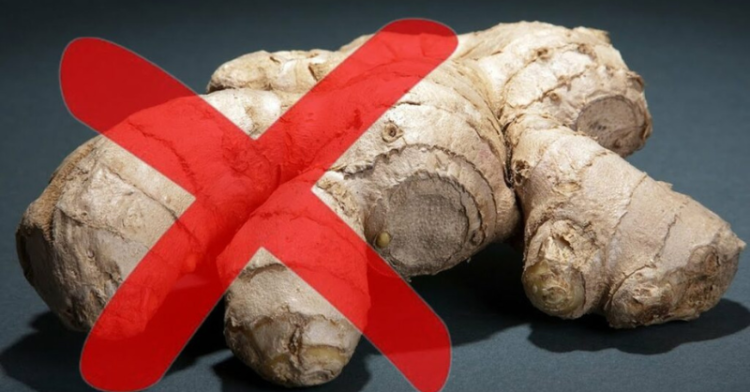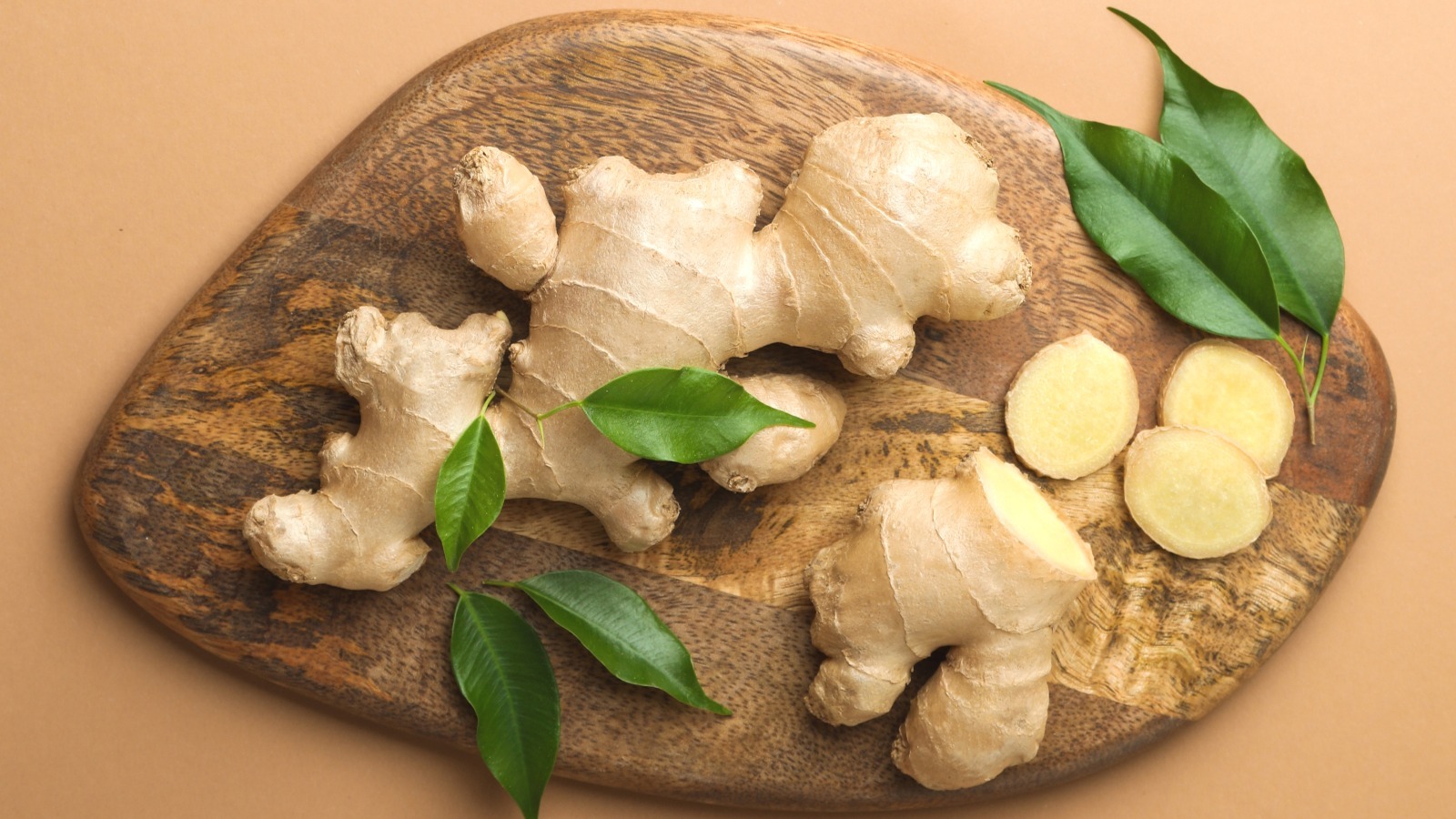Ginger is often praised for its numerous health benefits, ranging from aiding digestion to reducing inflammation.
However, like many natural remedies, ginger may not be suitable for everyone. In certain situations, consuming ginger can actually worsen health conditions or interact negatively with medications. Here are some situations where you should be cautious or avoid ginger altogether.
1. Blood Disorders
Ginger has blood-thinning properties, which can be beneficial for improving circulation. However, if you have a blood disorder such as hemophilia or are taking anticoagulant medications like warfarin, aspirin, or clopidogrel, ginger can increase the risk of bleeding. This is because ginger can amplify the effects of these medications, leading to excessive bleeding or bruising.
Avoid if:
- You have a blood clotting disorder.
- You are taking blood-thinning medications.
2. Gallstones
Ginger stimulates the production of bile, which helps in digesting fats. While this is generally beneficial, if you have gallstones, ginger could exacerbate the problem. The increased bile production can cause the gallstones to become more active, potentially leading to pain or even the need for surgical intervention.

